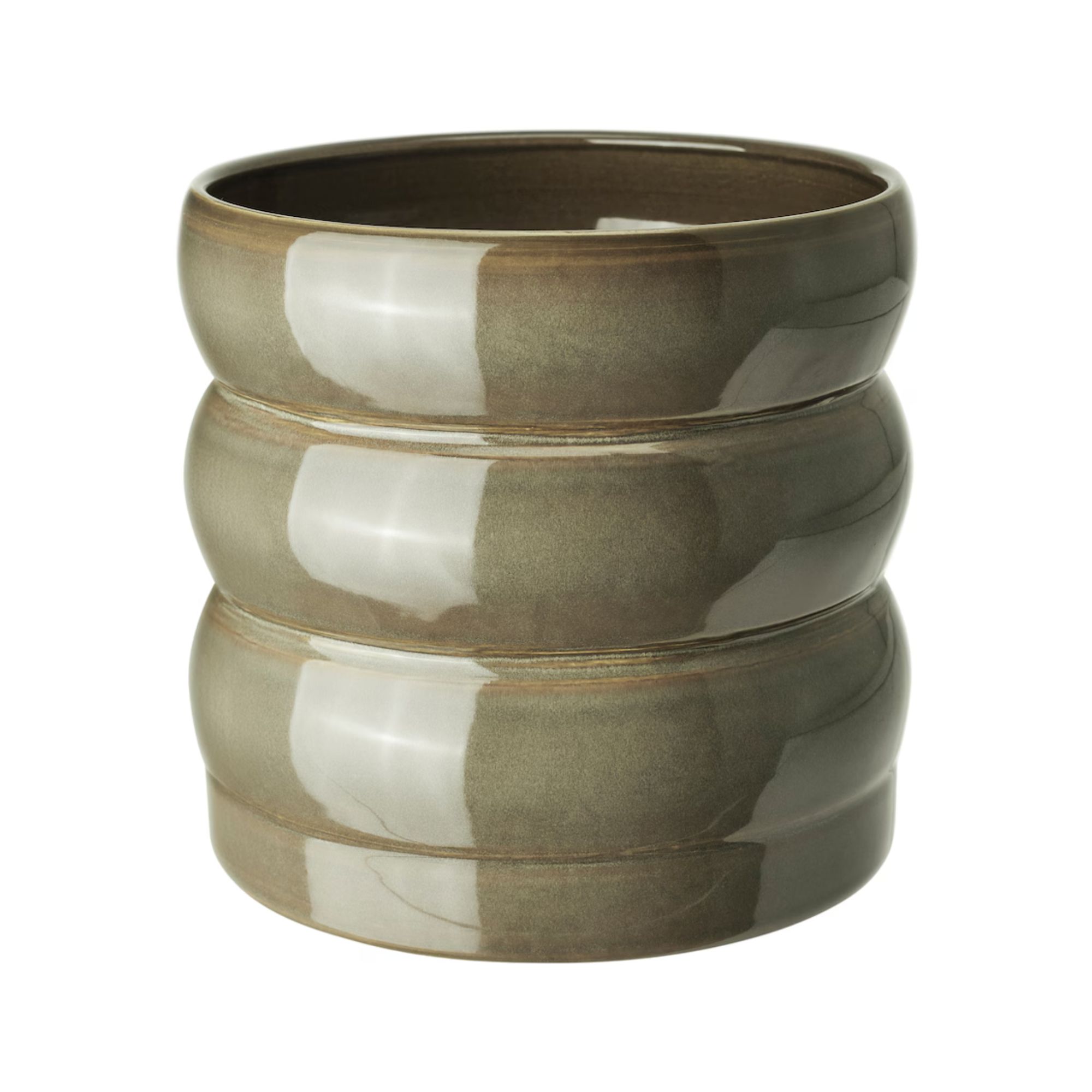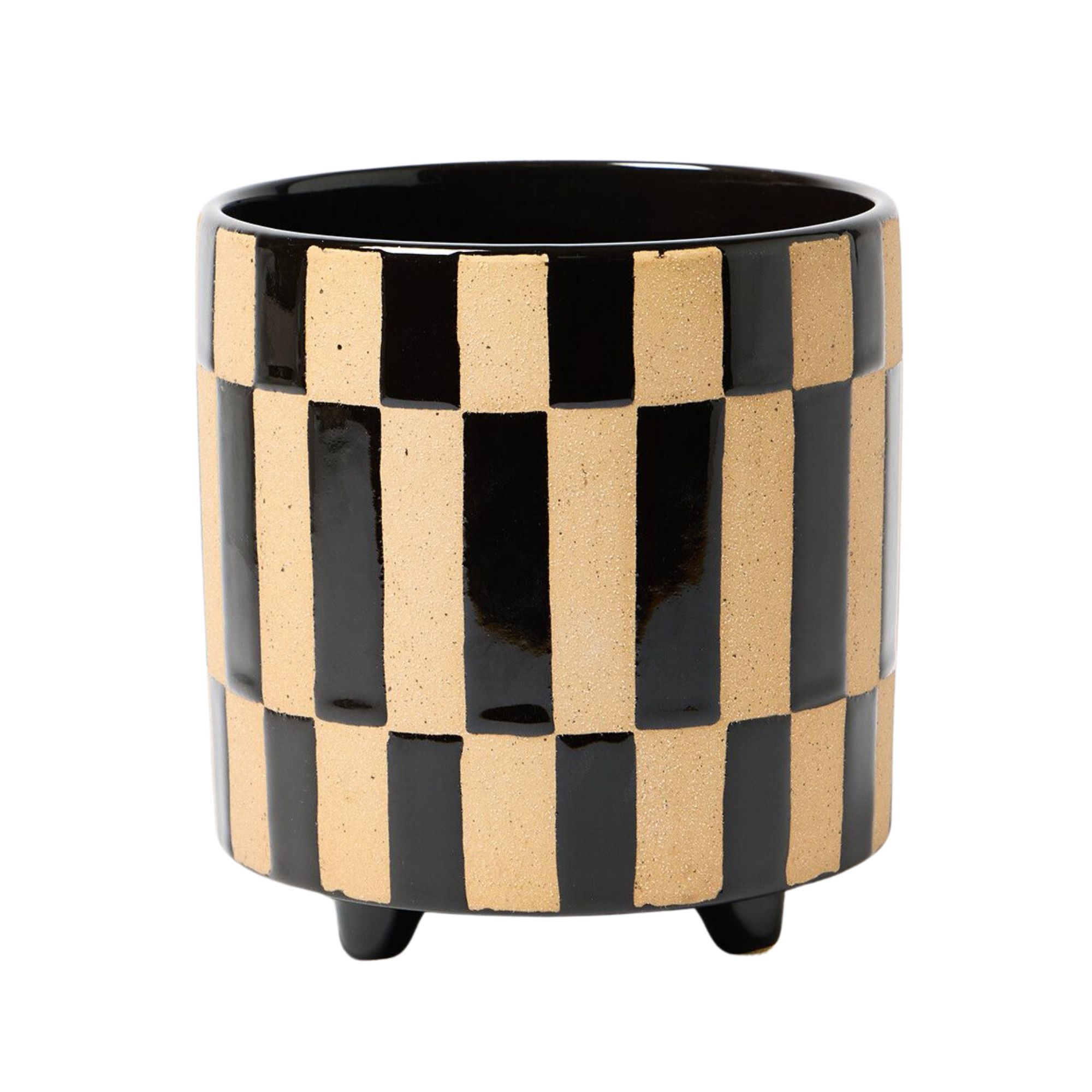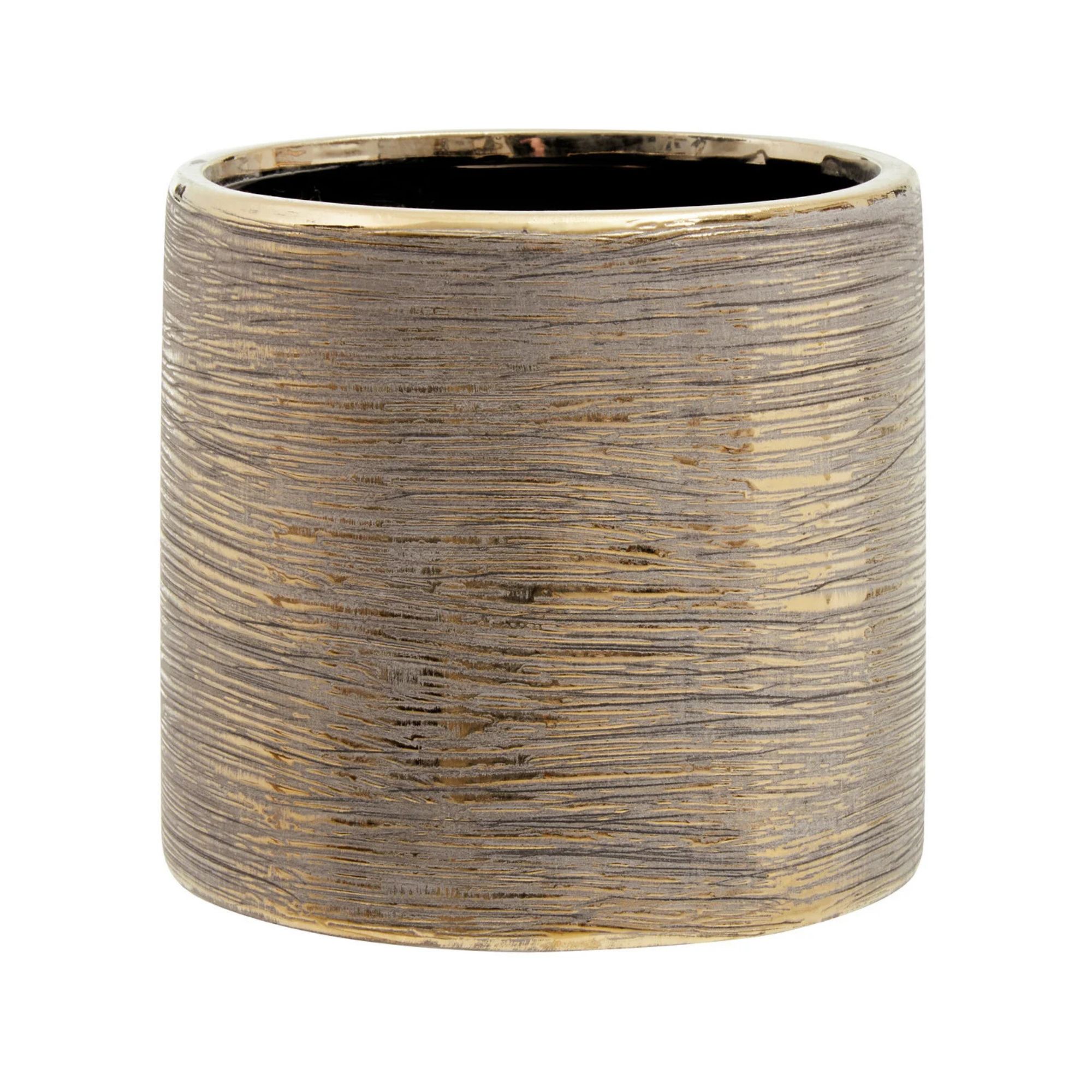Can you repot houseplants in winter? Only if they fall into one of these two categories, say plant experts
Here's how to tell if you can repot your houseplants in winter

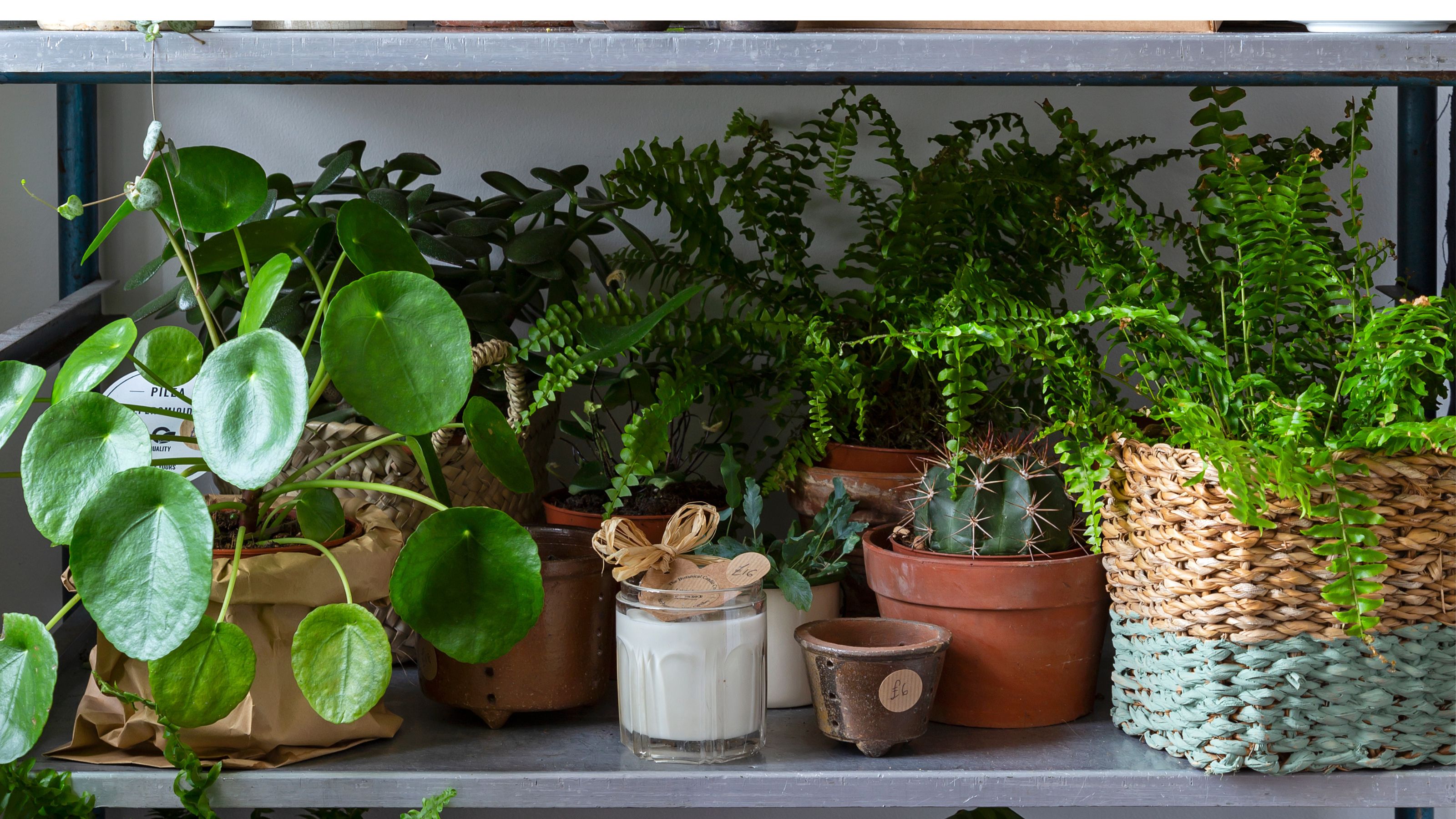
Houseplants take centre stage for plant lovers during the colder months, and it's a great time to give them your undivided attention. But can you repot houseplants in winter?
Well, knowing when to repot houseplants is more important than it sounds – choose the wrong time of year, and you could be putting your plants under unnecessary stress.
So, before you learn how to repot houseplants this season, we thought we'd take a look at the big question: Can you repot houseplants in winter?
We checked in with a panel of houseplant experts to find out.
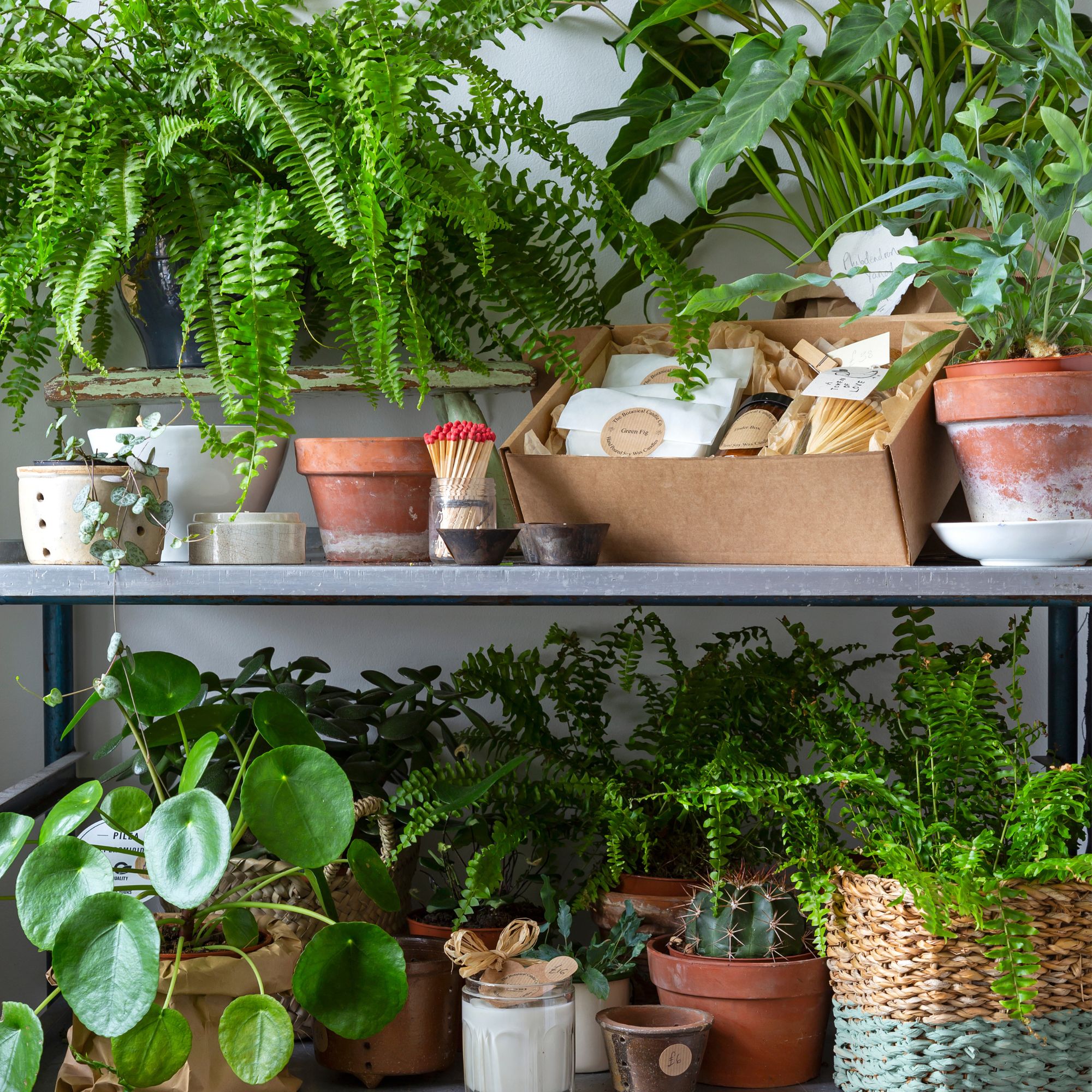
Can you repot houseplants in winter?
So, can you repot houseplants in winter? Well, you can – but it depends on the type of plant and its condition.
'While spring is often the usual or preferred time, winter can be an option, too,' says Josh Novell, garden plants expert and director of Polhill Garden Centre.
Usually, repotting in winter is more of a last resort, or an effort to save houseplants which are struggling.
Sign up to our newsletter for style inspiration, real homes, project and garden advice and shopping know-how
'Late winter can be a good time to repot your houseplants, but only if they've outgrown their current containers and nutrients will have depleted in the soil over the previous months,' agrees Andy Little, houseplant buyer at British Garden Centres.
Certain houseplants shouldn't be repotted in winter, though. 'Any houseplants which are in flower shouldn’t be re-potted during the winter months, as they'll be at risk of losing their flowers,' warns Vicky Salmon, the in-house florist at Interflora.
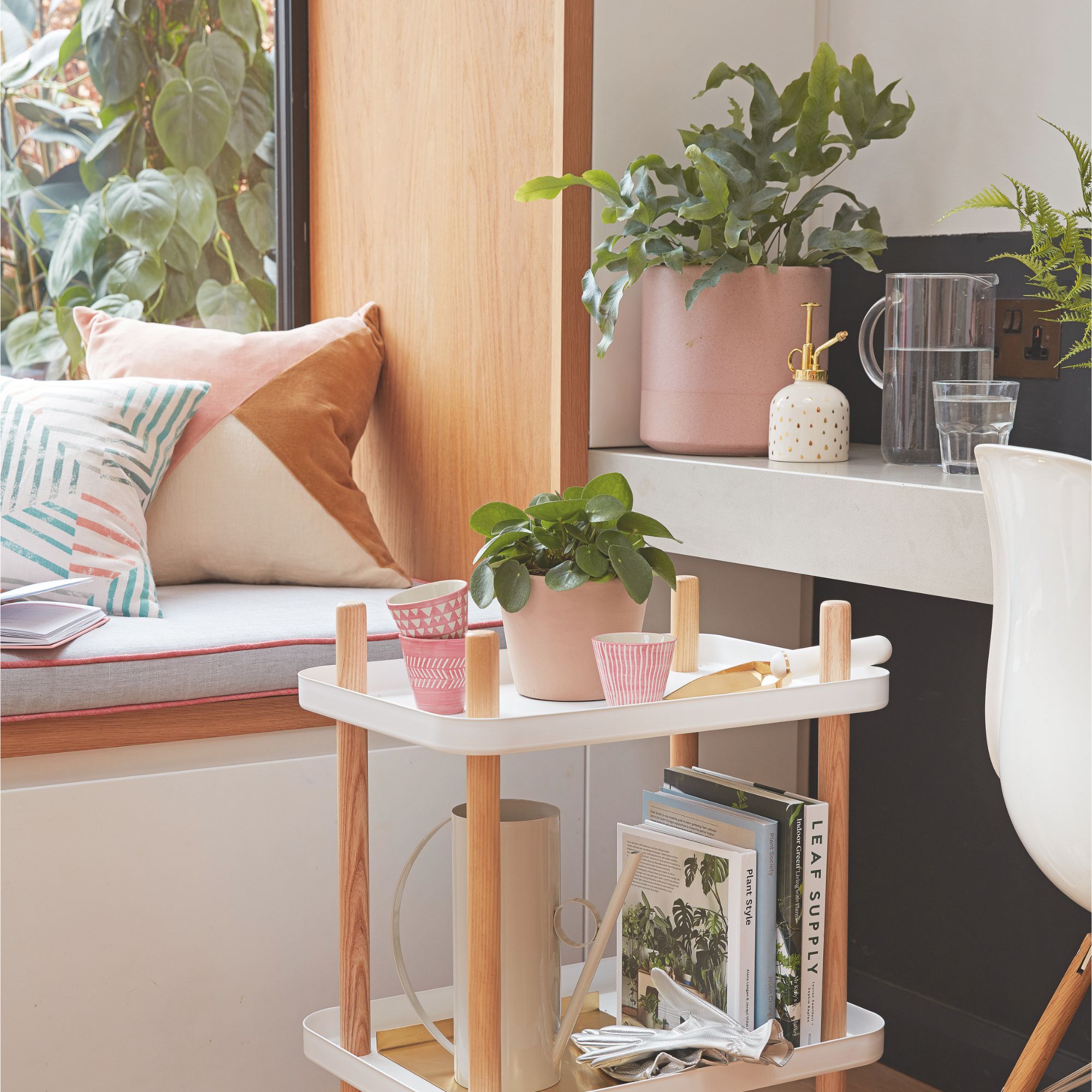
Repotting a houseplant in winter can also affect its health. 'Winter is typically a period of slowed growth for most plants, meaning they may not recover from the stress of repotting as quickly,' explains Jo Lambell, founder of Beards & Daisies.
However, in some circumstances, repotting houseplants during the winter is necessary. We've broken down the types of indoor plants you can get away with repotting this season to ensure you're properly caring for your houseplants over winter.

Jo discovered her passion for houseplants in 2001 after transporting a 6ft Monstera home on public transport and realising there had to be a better way to get plants delivered. This sparked the idea for a business that makes plant delivery more accessible. Jo and her Plant Folk team are all about spreading the plant love, sharing expert tips with both budding and seasoned plant enthusiasts.
1. Rootbound plants
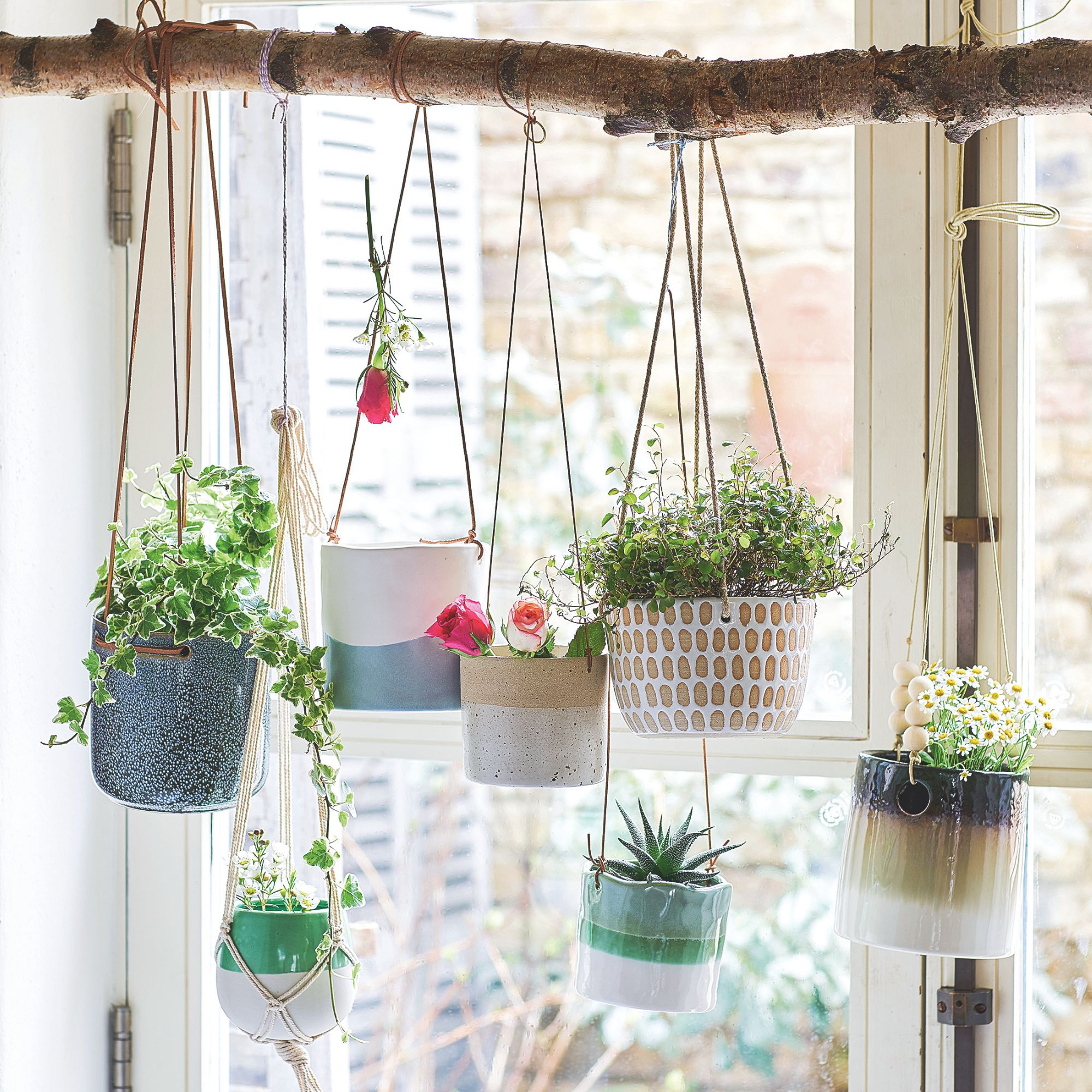
As Andy mentioned, overgrown or rootbound houseplants can be repotted in winter. If your plant's roots have filled their container, it's probably a good idea to upscale.
'If your plant's roots are circling the pot, it's time for a larger pot,' agrees Josh.
It's also a good opportunity to learn about houseplant root pruning. 'While repotting, take the opportunity to inspect the roots and remove any that are rotten,' says Andy.
'Repot your plants in clean pots filled with fresh, sterile potting soil. A pot size increase of about two inches should provide ample room for your plants to grow.'
2. Sickly plants
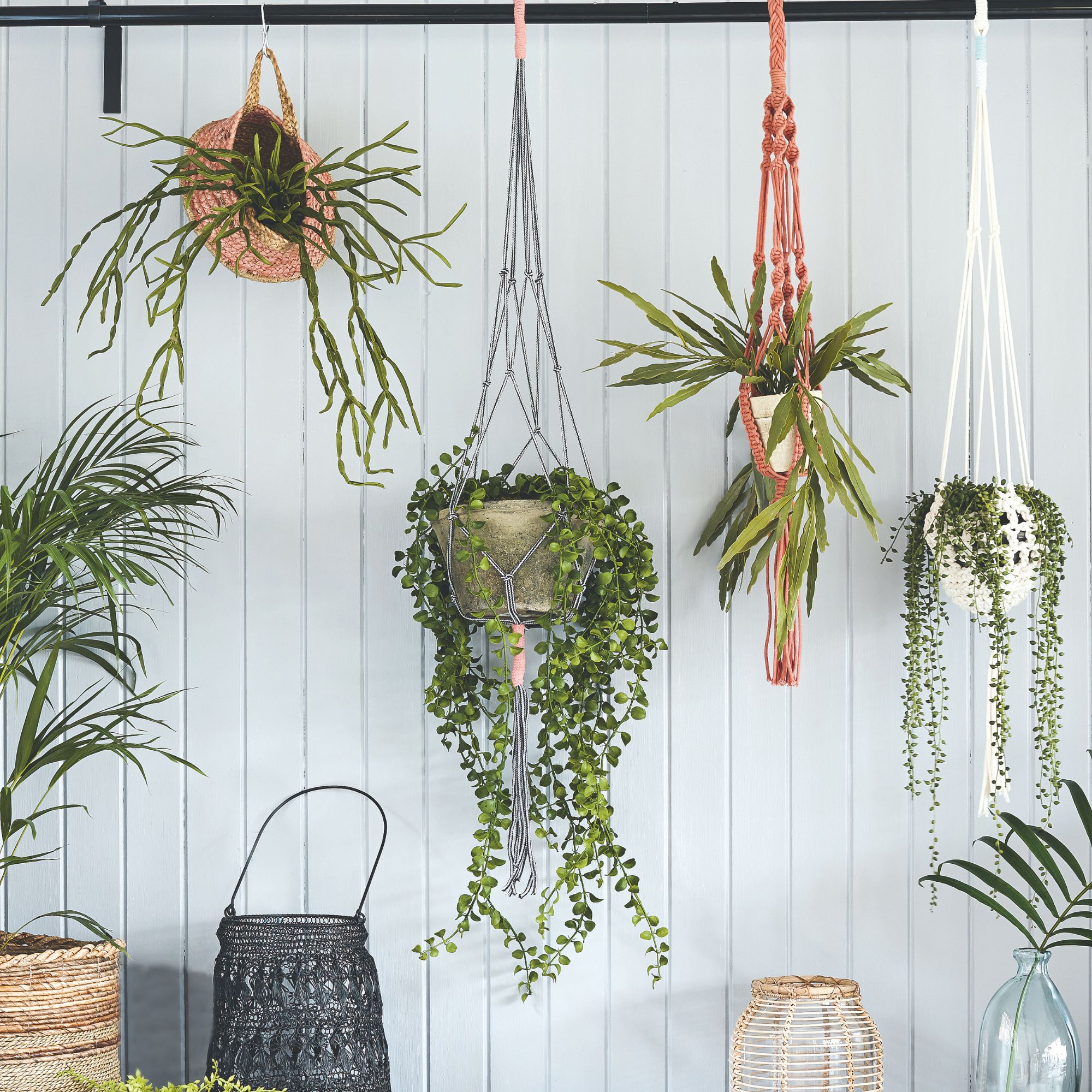
If your plant is looking a little worse for wear, a larger pot could be just what it needs.
'Repotting can sometimes revive a struggling plant, especially if the soil is poor or the pot is too small,' explains Josh.
Wilting or dropping leaves are signs that your plant might need a new pot. These are also symptoms of an under- or overwatered houseplant, though – in which case you'll need to alter your watering schedule or, worst case scenario, learn how to save an overwatered plant.
Indoor plant pots we love
FAQs
Is it okay to repot monstera in winter?
If you're wondering when to repot your monstera plant, spring is generally the best time. But there are a few exceptions.
'Winter is the Monstera's dormant period, and repotting during this time can stress the plant, so we advise doing it in spring before new growth and leaves appear,' advises Andy.
'However, if your Monstera is root-bound or the soil is severely depleted, repotting may be necessary, in which case we recommend repotting in late winter.'
Which houseplants shouldn't you repot in winter?
We've covered the plants you can repot in winter, but what about the ones you shouldn't?
'Delicate or slow-growing plants, such as orchids and calatheas, are better left undisturbed until spring or early summer,' says Jo from Beards & Daisies. 'These plants can struggle to adapt to new soil or pots during their growing period.'
It's also safer to leave any freshly-bought plants alone during the winter, according to plant expert Josh. 'Wait a few weeks or months to allow the plant to acclimatise to its new environment before repotting,' he says.
So, can you repot houseplants in winter? Yes – if your plant really needs it and it isn't in flower or new to your home. But if you can, wait until spring.

Sophie joined the Ideal Home team as Gardens Editor in June 2024. After studying English at Royal Holloway, University of London, she began writing for Grow Your Own, which spurred on her love of gardening. She's tried growing almost every vegetable under the sun, and has a soft spot for roses and dinnerplate dahlias.
As Gardens Editor, Sophie's always on the lookout for the latest garden trend. She loves sharing growing hacks for every space, from herbaceous borders to balconies.
